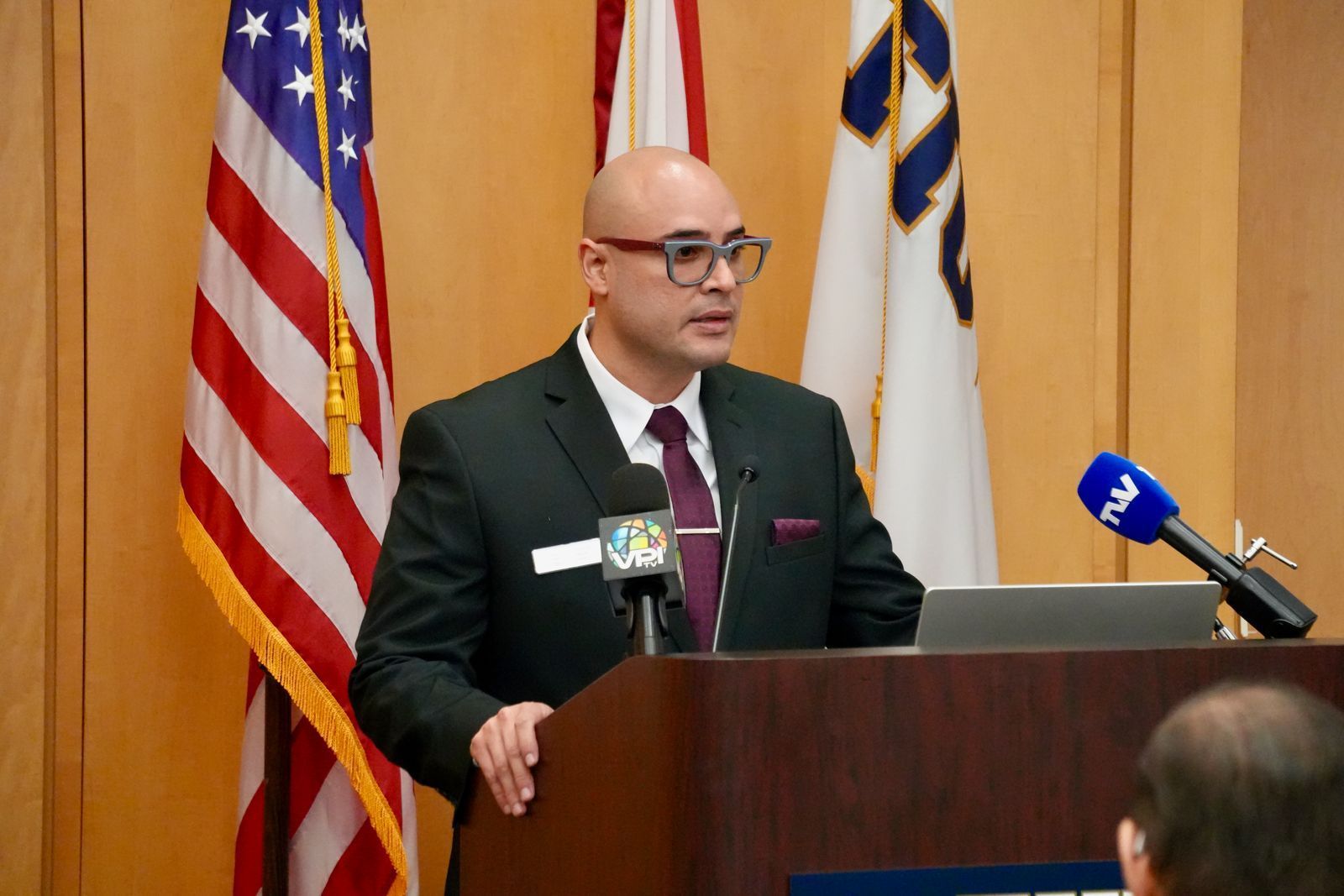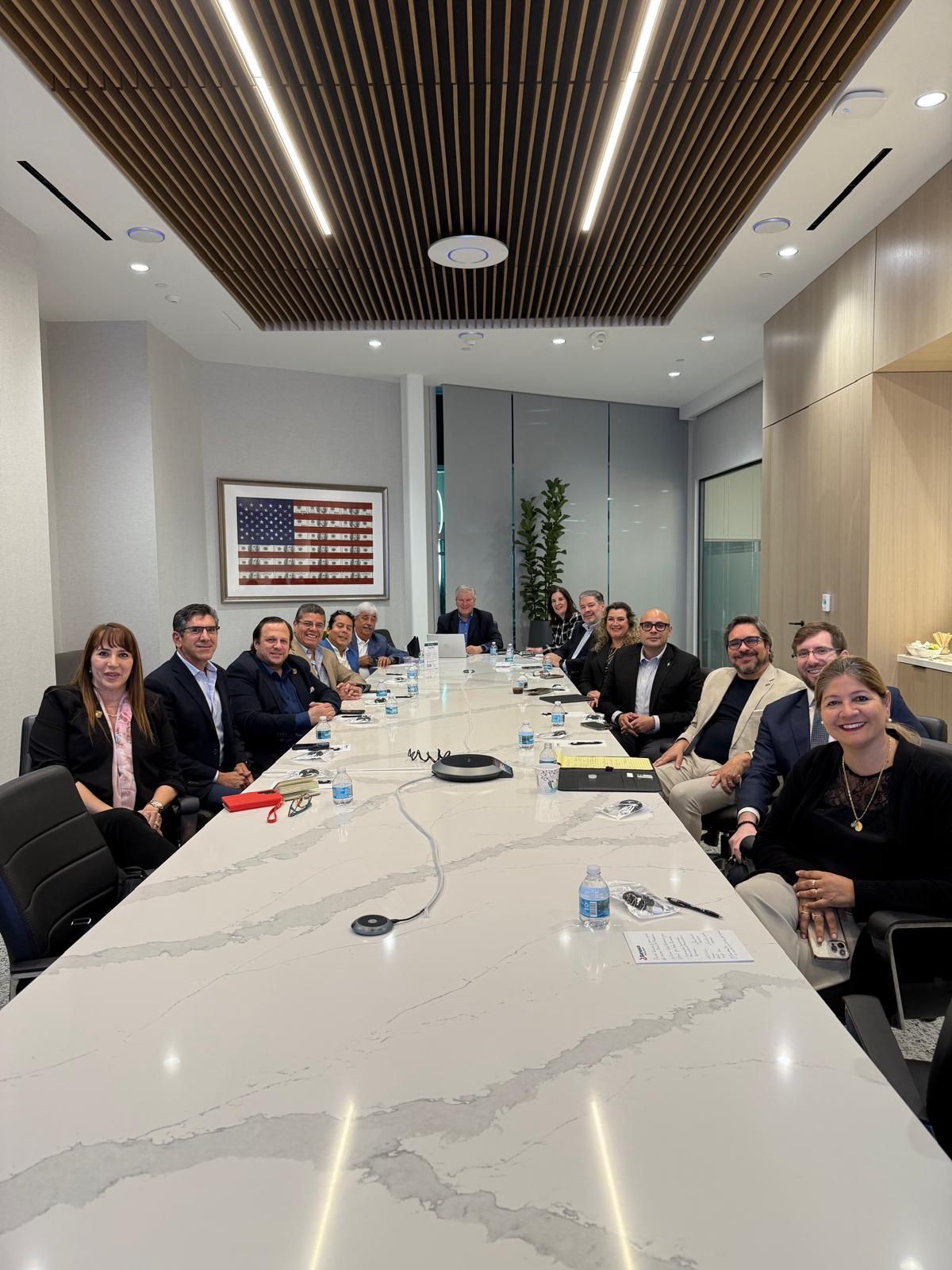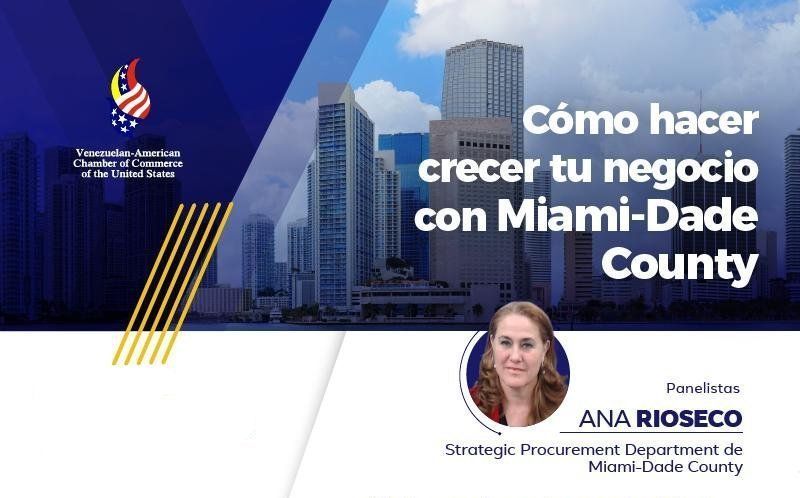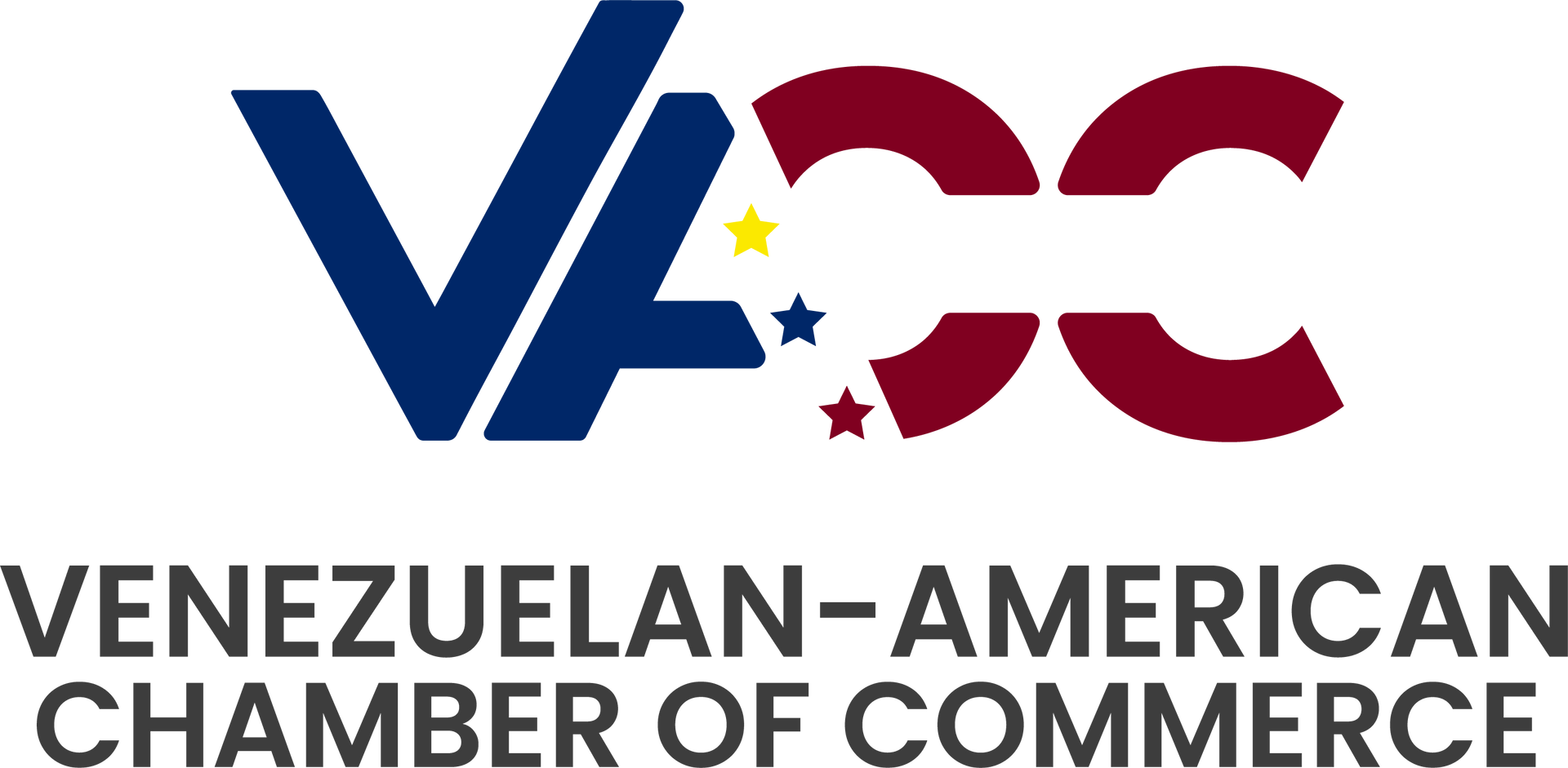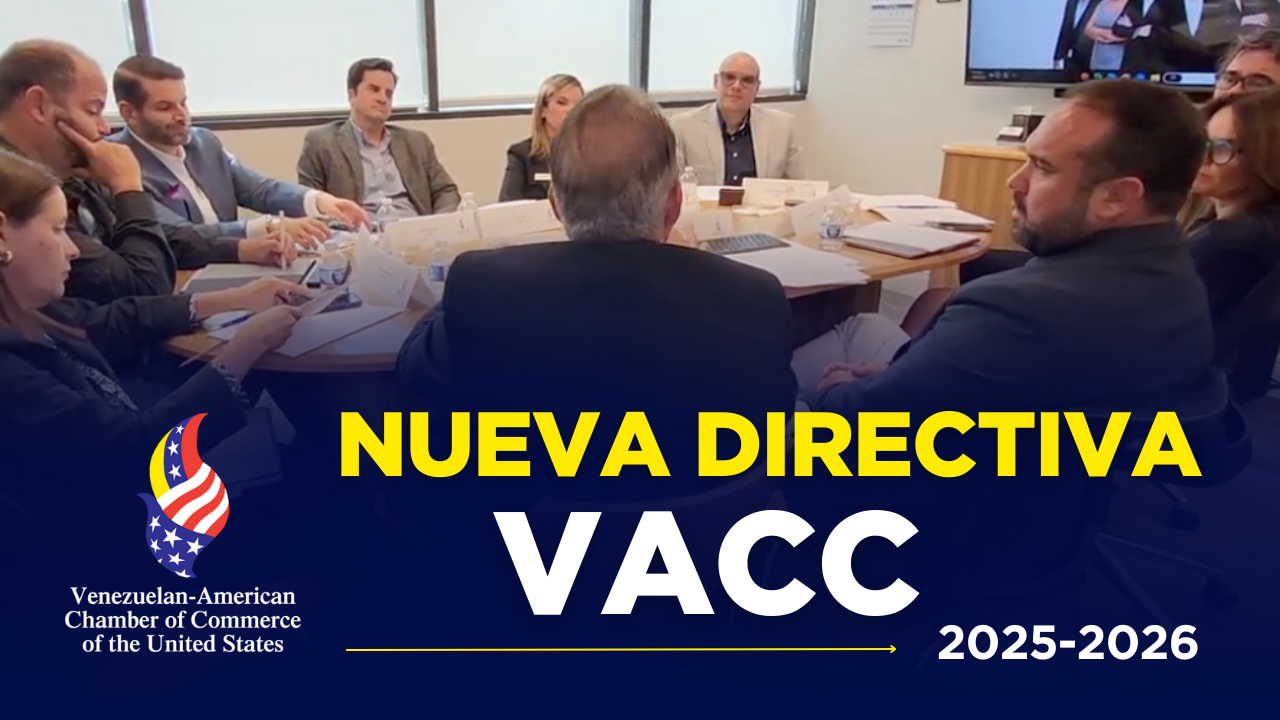¿Están tus finanzas preparadas para una recesión?

Por allí hay un dicho que dice "Más vale prevenir que lamentar".
Recientemente un artículo de Bloomberg hizo una encuesta a diversos economistas sobre la posibilidad de una recesión para el año 2023 y el 30% de los consultados lo ve como una cierta posibilidad.
Tomando en cuenta que la última recesión en USA, fue causada por la pandemia del COVID-19, fue tan repentina que nadie se pudo preparar.
Pero primero que nada vamos a repasar qué significa “una recesión”:
Investopedia: La define como la baja significativa en el nivel general de la economía por dos trimestres consecutivos junto al crecimiento del número de desempleados.
Empecemos con las medidas que debes aplicar para prevenir ser víctima de una eventual recesión:
1) Debes bajar el saldo de las tarjetas de crédito y los préstamos personales:
Esta labor no es nada sencilla, las compañías de tarjetas de crédito son especialistas en tentarte continuamente para que se usen cada día más.
Es una industria poderosa donde ponen todos sus recursos y el intelecto de los mejores expertos para lograrlo, no siendo una batalla muy justa.
Por el otro lado, en los Estados Unidos se vive la inflación más alta de los últimos 40 años.
Lo que ocasiona que familias recurran a sus tarjetas de crédito para cubrir parte del consumo y vemos que los niveles generales de deuda van creciendo rápidamente.
Pero, donde justamente se hace todo más complejo por:
- La economía está compuesta por muchas variables y si llegara a subir demasiado la tasa de interés, puede hacer que la economía en lugar de bajar su velocidad para atacar la inflación más bien dejara de crecer y es allí donde aparece el fantasma de la recesión.
- Al subir las tasas de interés, el monto que pagarás en cuotas mensuales por tu tarjeta comienza a subir rápidamente y en lugar de ser una ayuda para poder hacer frente a esos gastos que no puedes cubrir, se transforma en un peso tan fuerte que más bien puede hundir tus finanzas familiares.
Por lo que de todos los puntos que estamos compartiendo contigo, este sería uno de los más importantes.
Nuestra sugerencia sería que comiences con las tarjetas que tengan menor deuda para ir logrando la sensación de logro y posteriormente ve pasando a la próxima.
2) Ahora si, por favor construye un fondo de emergencia sustancial:
Uno de los grandes aprendizajes de la pandemia, es indudable que aquellos que lograron pasar mejor la tormenta que vivimos fueron los que tenían un monto ahorrado que aquellos que no tenían ningún ahorro.
Siempre hemos dicho que debes tener al menos el equivalente a tres meses de tu gasto mensual en una cuenta bancaria, puede variar este monto dependiendo de la situación de cada persona o familia siendo el equivalente a 6 meses uno de los parámetros más comunes que los planificadores financieros sugerimos.
Cuál debe ser el tamaño de tu ahorro o fondo de reserva:
¿Si el día de mañana te quedaras sin trabajo cuánto tiempo piensas que te tardarías en conseguir un empleo similar al que tienes ahora a nivel de ingresos?
Y es allí donde cada uno de ustedes podrá pensar que tiempo los llevaría conseguir otra fuente de ingreso y ese escenario debería ser igual al número de meses mínimo que requieres de tu gasto mensual.
Al calcular cuáles son tus gastos básicos mensuales, esa cantidad es la que debes tener en el banco, si léase bien en el banco y no invertida.
3) Si estabas pensando en hacer una gran compra...
Por todos lados vemos que el precio de los inmuebles está en su máximo histórico, los carros nuevos están costosos y hasta los usados también.
Entonces, debes pensar, si es el momento indicado de adquirir una gran deuda, para hacer una compra como estas, donde usualmente usarás también una parte importante de tus ahorros lo cual te pudiera dejar mucho más vulnerable en el futuro.
Debes hacer un diagnóstico de tus finanzas personales, para determinar donde deberás levantar información para cada una de las siguientes dimensiones:
- Válida como están tus ingresos versus tus gastos y si tienes capacidad de ahorro.
- Suma todas tus deudas y ver cómo está tu índice crediticio o Credit Score.
- Comprueba si las coberturas de tus pólizas de seguros son las adecuadas.
- Debes conocer que tan probable es que una recesión afecte tu trabajo y te puedan despedir.
Si algunas de estas respuestas son negativas cuidado porque quizás te conviene más esperar.
4) El pánico no es un buen consejero para tus inversiones
Las recesiones son procesos totalmente naturales, un economista las describe como esos grandes incendios que cada cierto tiempo ocurren en la naturaleza.
Donde más bien dan paso al crecimiento de una nueva vegetación y donde los que no estén preparados serán los que sufrirán más.
Particularmente en este caso, muchos economistas están previendo que está no va a ser una recesión tan fuerte como las otras puesto que debemos tomar en cuenta los siguientes factores:
- El desempleo ha regresado a sus niveles antes de la pandemia, siendo esta una de las cifras más bajas de los últimos 50 años
- A la economía ingresaron más de 5 billones de dólares como programa de ayuda y esos siguen allí en el torrente financiero
- Hay más de 11 millones de vacantes laborales esperando a ser cubiertas, mientras que el número de desempleados total es de 5,9 millones
Dicho esto, usted debe estar preparado para saber que los mercados de valores siempre están tratando de predecir lo que pueda ocurrir en la economía.
No se guían por aquello que ya ocurrió sino por lo que vendrá. Como inversionista usted siempre debe recordar que los mercados de valores son para el largo plazo.
Por lo que sus decisiones financieras no deben estar influenciadas por decisiones de corto plazo que aparezcan en los noticieros.
Estos temas pueden ser complejos y como siempre es importante consultar a un planificador financiero certificado de tu confianza que pueda ayudarte.
Breve Biografía del Autor:
Alonso Rodríguez Segarra
CFP ®, Fundador & CEO Advise Financial
Alonso, reconocido como el primer venezolano en obtener la prestigiosa certificación de "CERTIFIED FINANCIAL PLANNER™" en USA. Comprometido como asesor financiero para latinos, con más de 20 años de experiencia en el mundo de las finanzas, siempre trabajando bajo el criterio fiduciario.
Are your finances prepared for a recession?
By Alonso Rodríguez Segarra
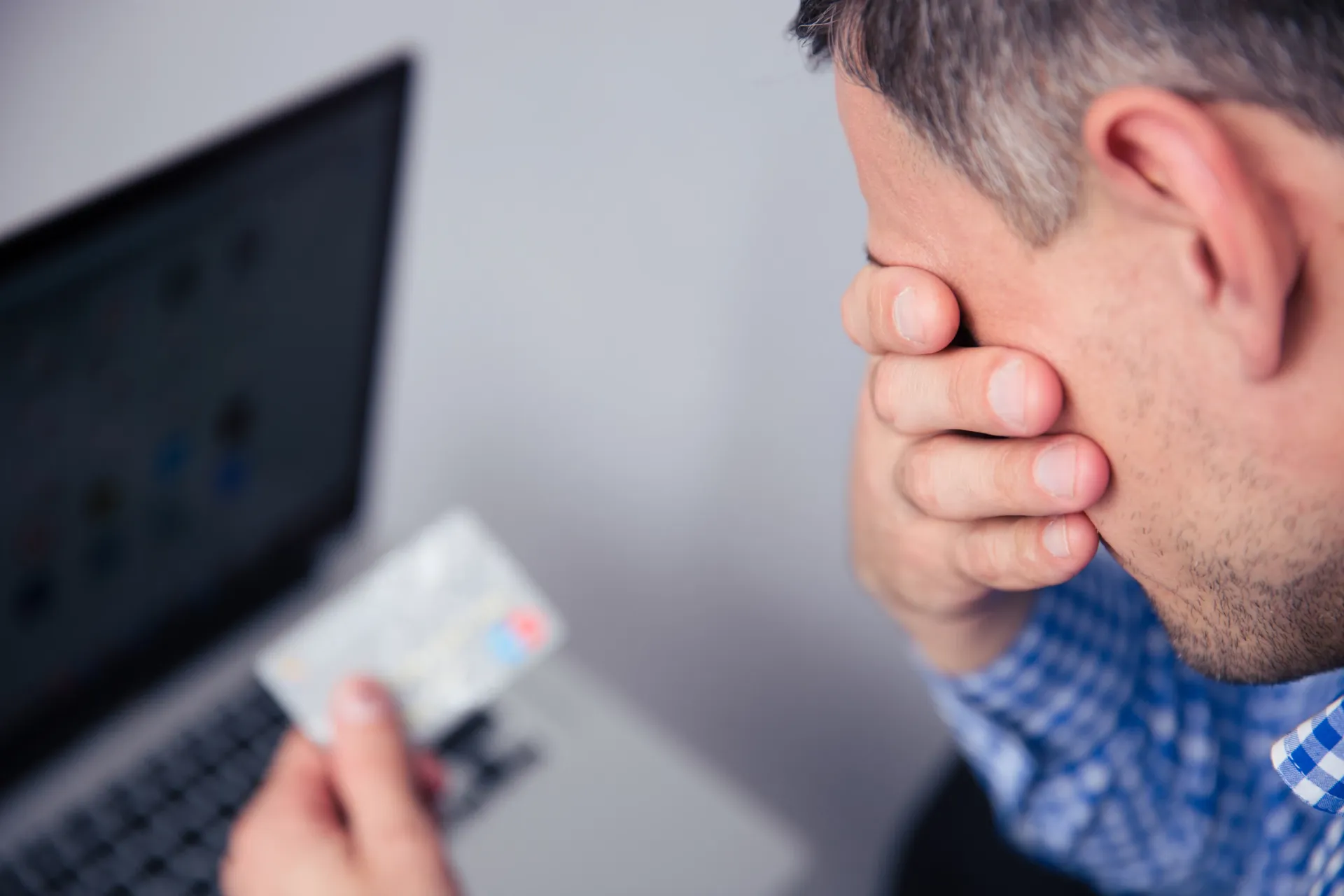
There is a saying that goes "better safe than sorry".
Recently a Bloomberg article surveyed various economists about the possibility of a recession by 2023 and 30% of those consulted see it as a certain possibility.
Taking into account that the last recession in the USA was caused by the COVID-19 pandemic, it was so sudden that no one could prepare.
But first of all let's review what "a recession" means:
Investopedia: Defines it as the significant drop in the general level of the economy for two consecutive quarters together with the growth in the number of unemployed.
Let's start with the measures you should apply to prevent being a victim of a possible recession:
1) You must lower the balance of credit cards and personal loans:
This task is not easy at all, credit card companies are specialists in continually tempting you to use them more every day.
It is a powerful industry where they put all their resources and the intellect of the best experts to achieve it, and it is not a very fair battle.
On the other hand, the United States is experiencing the highest inflation of the last 40 years.
Which causes families to resort to their credit cards to cover part of the consumption and we see that the general levels of debt are growing rapidly.
But, where exactly everything becomes more complex by:
- The economy is made up of many variables and if the interest rate rises too much, it can make the economy stop growing instead of slowing down to attack inflation and that is where the specter of recession appears.
- · By raising interest rates, the amount you will pay in monthly installments for your card begins to rise rapidly and instead of being a help to be able to face those expenses that you cannot cover, it becomes a weight so strong that more it may well sink your family finances.
So of all the points that we are sharing with you, this would be one of the most important.
2) Now yes, please build a substantial emergency fund:
One of the great lessons learned from the pandemic, there is no doubt that those who managed to get through the storm we experienced better were those who had an amount saved than those who did not have any savings.
We have always said that you must have at least the equivalent of three months of your monthly spending in a bank account, this amount can vary depending on the situation of each person or family, being the equivalent of 6 months one of the most common parameters that planners financial we suggest.
What should be the size of your savings or reserve fund:
If tomorrow you lost your job, how long do you think it would take you to get a job similar to the one you have now in terms of income?
And it is there where each of you will be able to think how long it would take you to get another source of income and that scenario should be equal to the minimum number of months that you require of your monthly expense.
When calculating what your basic monthly expenses are, that amount is what you should have in the bank, if you read it well in the bank and not invested.
3) If you were thinking of making a big purchase...
Everywhere we see that the price of real estate is at its historical maximum, new cars are expensive and even used ones too.
So, you should think, if it is the right time to acquire a large debt, to make a purchase like these, where you will usually also use an important part of your savings, which could leave you much more vulnerable in the future.
You must make a diagnosis of your personal finances, to determine where you should gather information for each of the following dimensions:
- Validate how your income is versus your expenses and if you have savings capacity.
- Add up all your debts and see how your credit index or Credit Score is.
- Check if the coverage of your insurance policies are adequate.
- You must know how likely it is that a recession affects your work and you can be fired.
If some of these answers are negative, be careful because perhaps it is better for you to wait.
Our suggestion would be that you start with the cards that have less debt to achieve a sense of achievement and then go on to the next one.
4) Panic is not a good adviser for your investments
Recessions are totally natural processes; an economist describes them as those great fires that occur from time to time in nature.
Where they rather give way to the growth of new vegetation and where those who are not prepared will be the ones who will suffer the most.
Particularly in this case, many economists are predicting that this is not going to be a recession as strong as the others since we must take into account the following factors:
- Unemployment has returned to its levels before the pandemic, this being one of the lowest figures in the last 50 years
- More than 5 billion dollars entered the economy as an aid program and those are still there in the financial stream
- There are more than 11 million job vacancies waiting to be filled, while the total number of unemployed is 5.9 million
With that said, you should be prepared to know that the stock markets are always trying to predict what might happen in the economy.
They are not guided by what has already happened but by what will come. As an investor you should always remember that the stock markets are for the long term.
So your financial decisions should not be influenced by short-term decisions that appear in the news.
These issues can be complex and as always it is important to consult a certified financial planner you trust who can help you.
Brief Biography of the Author:
Alonso Rodríguez Segarra
CFP ®, Founder & CEO Advise Financial
Alonso, recognized as the first Venezuelan to obtain the prestigious certification of "CERTIFIED FINANCIAL PLANNER ™" in the USA. Committed as a financial advisor for Latinos, with more than 20 years of experience in the world of finance, always working under fiduciary criteria.
